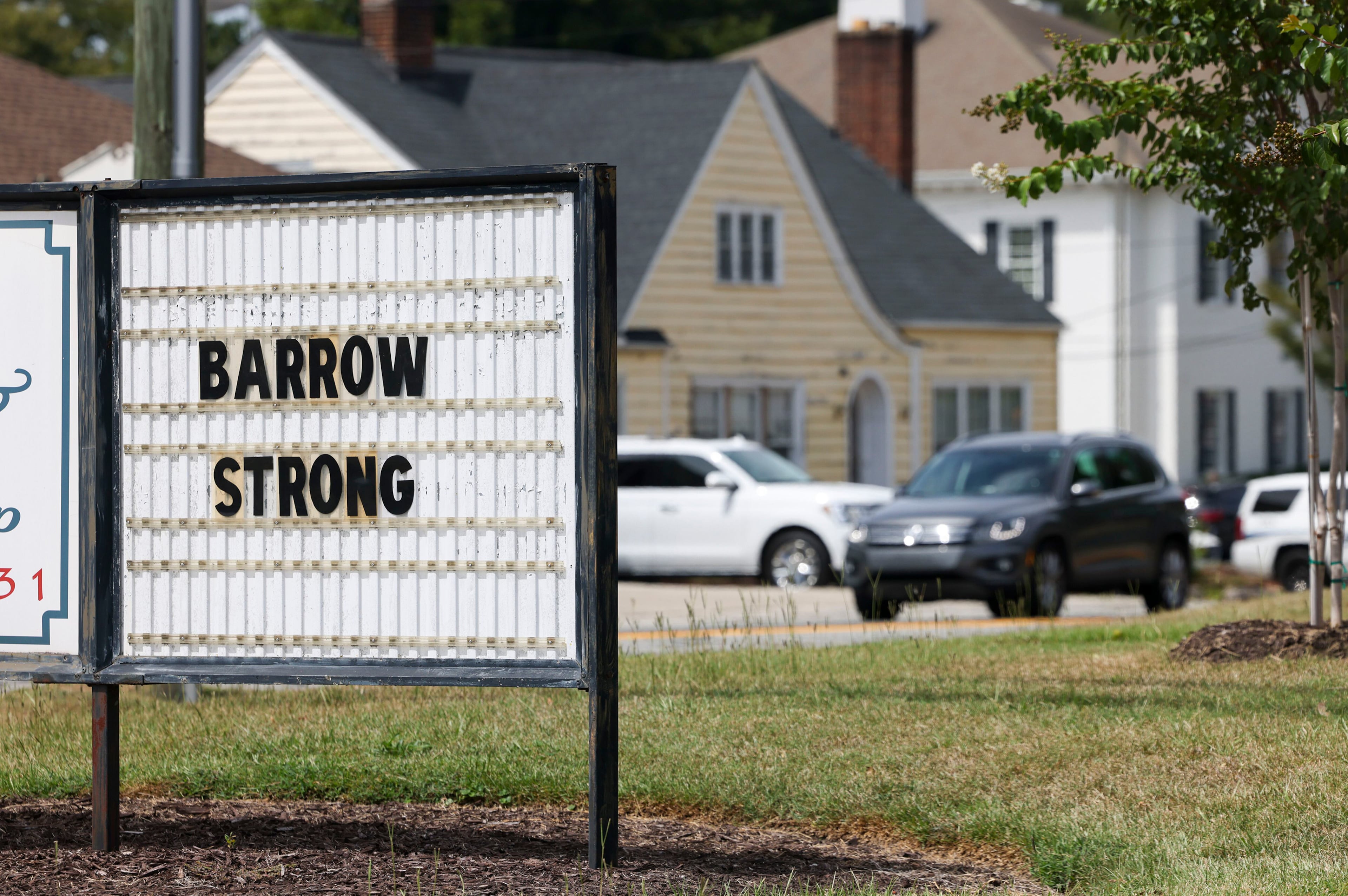Colleges’ campus carry rules raise questions for critics and supporters

Students and faculty at some of Georgia’s largest public colleges raised questions and concerns about guidelines released Wednesday on how the state’s controversial campus carry law will work, particularly a provision that lets people carry firearms while tailgating.
House Bill 280, passed by the Georgia Legislature and signed into law earlier this month by Gov. Nathan Deal, does not allow firearms at athletic events themselves, but does not prohibit them in parking lots where people tailgate.
Tamelonie Thomas, who is attending Georgia Southern University this fall as a graduate student, is extremely worried about the tailgating guidelines, noting many people are drinking alcohol at those events.
“Just imagine adding firearms to that,” said Thomas, who’s active in a student group that opposed the legislation.
USG officials said after Deal signed the law it would offer guidance to its schools about how it would be implemented. Wednesday, they released a three-page memo sent to campuses largely reiterating some of the restrictions in the law and attempting to answer some lingering questions.
Georgia’s law takes effect July 1. The guidelines say the colleges will not allow guns:
• in dormitories or fraternity and sorority houses that are owned or leased by the school
• in rooms housing classes with high school students enrolled. The guidelines say, “License-holders who want to carry handguns to class will need to visit the institution’s registrar or other designated employee, who after verifying their enrollment status will tell them which of their classes, if any, have high school students enrolled. Institutions shall not, however, keep any listing of those who inquire.”
• in faculty, staff and administrative offices
It’s a misdemeanor for anyone carrying a concealed weapon to violate those guidelines.
The colleges and universities will not provide gun storage facilities or post signs outside restricted areas, officials announced in the memo.
Law enforcement on the campuses will solely be responsible for enforcing the law, the memo said. USG officials will soon provide training to campus law enforcement officers.
“It is incumbent upon each one of us to follow the law,” wrote USG Chancellor Steve Wrigley. “Students, faculty and staff should not attempt themselves to monitor or to enforce compliance with the statute by those who do carry handguns.”
The rules are for Georgia’s public colleges and universities, such as the University of Georgia, Georgia Tech, Georgia State and Kennesaw State universities. The law does not affect private institutions.
Nine states allow concealed weapons on public postsecondary campuses, according to the National Conference of State Legislatures. Twenty-four other states allow concealed weapons on campus but give each college or university the option of permitting or forbidding them.
University of Georgia journalism professor Barry Hollander said the guidelines raised additional questions.
For example, the law prohibits firearms in classrooms where high school students are taking college courses. “If I have a concealed weapon permit, can I also ask and learn if there’s a high school student in that (my) classroom and I can’t carry either?,” Hollander wrote in a blog post. “It’ll be interesting to see if UGA alters its employee rules to allow us to carry. Last I looked, we could not bring any weapon to campus.”
Ja’Quan Taylor, a Georgia Tech student who supported House Bill 280, said Wednesday he’s fine with most of the guidelines, but he and others are hoping state lawmakers will eventually make more changes, such as allowing students to carry a firearm in their dorm if they live alone.
“At Georgia Tech, a lot of students are spending time in libraries until 2, 3 or 4 in the morning. It’s the only way to protect yourself,” said Taylor, chairman of Georgia Tech’s Students for Concealed Carry chapter.
Thomas questioned why the guidelines don’t allow signs telling where people can carry firearms, saying campuses have signs noting where smoking is not permitted. She also doesn’t understand why the USG won’t allow its institutions to impose additional restrictions beyond those in the law.
“That is disappointing because different universities have different landscapes,” Thomas said.
Wrigley recognized in his letter the strong feelings on both sides of the debate.
“Yet whether you opposed or supported the legislation, it will soon be state law,” he wrote, “and I respectfully ask everyone to exercise patience, understanding and respect as we implement it.”



